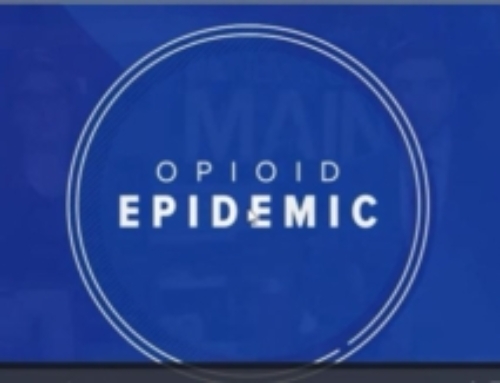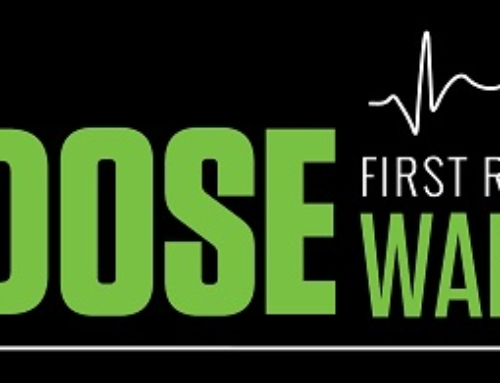
George Danby | BDN
By Matthew Braun, Special to the BDN • May 3, 2018 9:33 am
Maine lost 418 people to treatable drug overdoses in 2017, a number that the Margaret Chase Smith Policy Center unpacked in a report published earlier this year. While we’ve recognized the magnitude of the problem for years, Maine has taken little appropriate action to fix it even with vast recommendations from two separate, state-level task forces — one of which I served on.
I’m losing confidence in the state’s interest in actually doing good for Maine families and communities impacted by substance-use disorders. We need our legislators to lead by example and redirect our course. Continued inaction or wrong action will squander taxpayers’ money and allow more lives to be ruined.
Maine’s infrastructure to address this is appalling. People wait weeks, months or longer for services, and if they make it there alive, they often don’t receive the well-rounded care they need. The Legislature passed three bills, which now sit on the special appropriations table, that would substantially help us on our way to improving the situation for our most vulnerable groups:
— LD 1430 will begin to create a statewide system of care for Mainers with and without insurance, helping to provide them treatment and wrap-around recovery supports at the time they need them and in their own communities.
— LD 1711 will provide low-barrier treatment and stable housing to facilitate stability for homeless people who struggle with substance use.
— LD 1707 will expand syringe exchange programs, reducing the spread of bloodborne disease and connecting those same individuals to medical care, as they work their way toward healing.
Substance-use disorders affect all demographics. This is a nonpartisan issue, but Republicans seem reluctant to come to the table and negotiate around these bills at all and Democrats seem comfortable waiting until next year to increase their leverage in negotiations under a new governor. What message are they sending to their constituents who are grieving over a loss, watching loved ones struggle, or struggling themselves?
It’s not the time to be apathetic or to allow the political climate to cause paralysis. I urge both sides to willingly come back for a special legislative session and work together to fund these important bills, so we can finally build the comprehensive, coordinated system for harm reduction, treatment and recovery we need.
Beyond the enormous toll to human lives, the economic costs are staggering. It’s estimated that all substance-use disorders cost Maine well over a billion dollars a year. When we implement appropriate services, such the ones listed in these bills, we will not only save lives but also see a return on investment over time.
The state has yet to respond in the healing capacity necessary to ameliorate the problem, and even worse, allocated funds have been underspent.
For example, in 2017, then-Department of Health and Human Services Commissioner Mary Mayhew strongly backed a combined $4.8 million in state and federal funding plan for uninsured and MaineCare patients to access “innovative” “ opioid health homes.” A year later, the state has only spent $13,000 of the funds, serving only five uninsured residents through one “home.” To me, that’s a slap in the face when we have a problem that continues to get worse.
Maine spends $46,404 for each of the 2,167 individuals in Maine prisons — the eighth highest amount in the nation. Imagine how much this increases when we include county jails, too.
A 2017 U.S. Department of Justice report showed that over half of the people in prisons and jails met the criteria for substance-use disorder, and another national study indicated that sending people to community-level treatment instead of incarcerating them could save billions of dollars.
However, a recent Maine policy proposed harshly penalizing drug use despite the World Health Organization and other high-profile organizations urging the opposite. We must stop trying to use the criminal justice system as the tool to address substance-use disorders. Even our police officers say we can’t arrest our way out of this, and they have become some of our biggest advocates to expand and fund treatment and recovery. This makes a strong statement.
All Maine people should be outraged at how inefficient our systems are and how wasteful the state has been with our taxpayer dollars. We can and must do better at putting money behind science-backed, tested approaches to treatment, harm reduction and recovery.
We look to our legislators to take this important step toward implementing a strong substance-use disorder system of care. They need to show us they have the courage, humanity and humility to work together despite the political climate. Maine people cannot afford to have them look the other way.
Matthew Braun is board chair for the Maine Alliance for Addiction Recovery and leader of the Biddeford chapter of Young People in Recovery






Leave A Comment